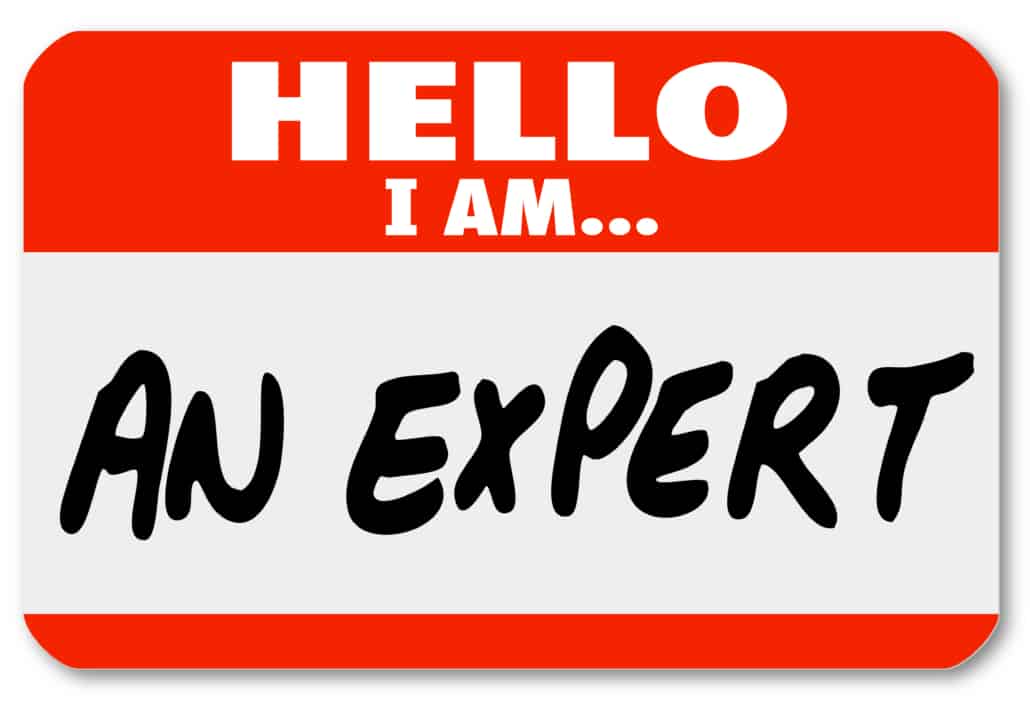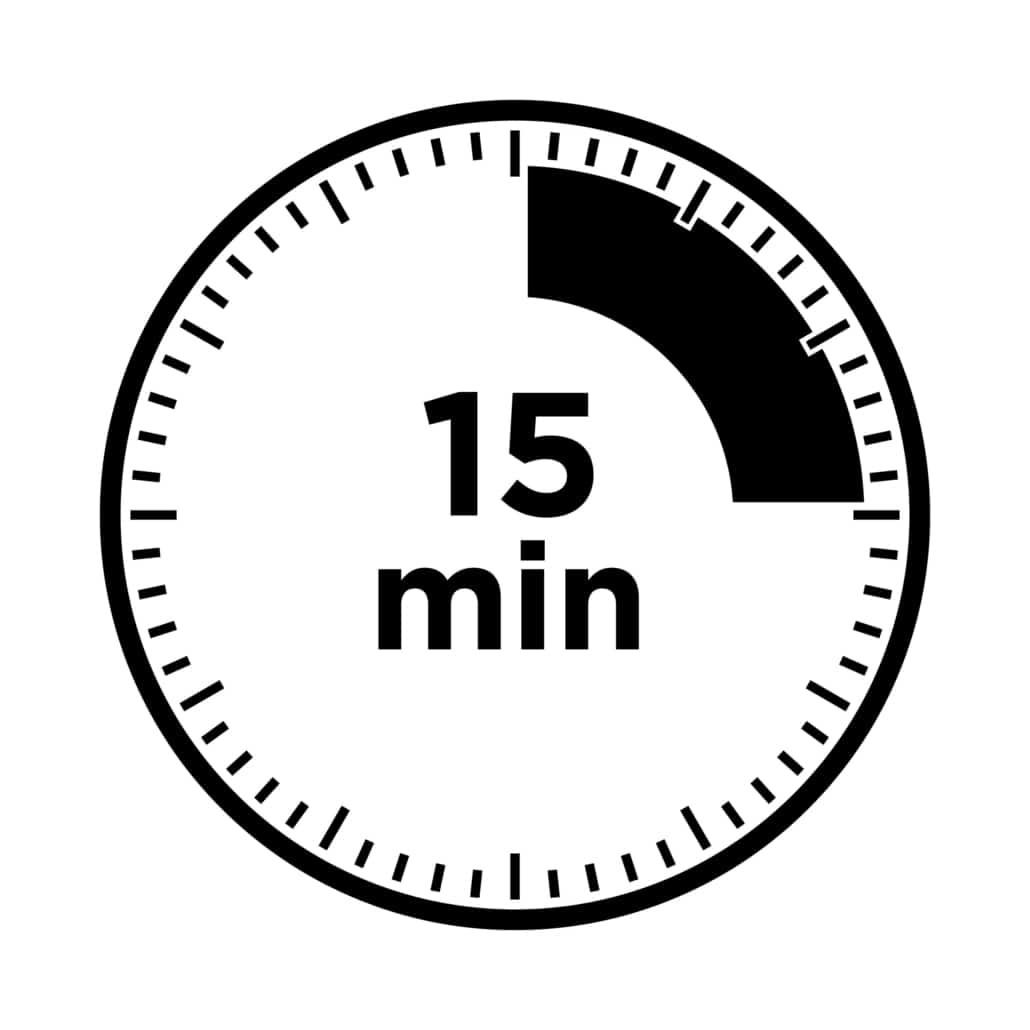It’s Never Simple and Everyone Has Their Own View
One aspect of working with enterprising families that I truly love is the fact that situations are rarely simple, and typically quite complex.
I’ve long known that my ability to see complex systems and then simplify them, so that they’re understandable to others, is a strength of mine and probably part of my attraction to this work.
I’m equally enamored with the fact that each person in a family is living their own life and personal reality, so they all arrive from a different context when they come together.
This week we’re going to look at the intersection of complexity and context, and see what we can discover.
(And yes, I realize “complex” and “context” don’t rhyme, but they are pretty close.)
Another Blog Born During a Group Zoom Call
Regular readers know that I’m a huge fan of group Zoom calls, mostly with like-minded colleagues, in one form or another.
These meetings are often where blog ideas come from, and this one is no exception.
I’m usually quick to credit the person who stimulated the idea, but this time it was actually me.
I will tip my hat to DG, who was moderating the call, because it was his asking each participant for a couple of closing thoughts that forced my brain to come up with something pithy to wrap up with.
It was then that I came up with the fact that this work is always complex, and that when we learn about it from a new context, we often gain new insights into everything.
Back to the Intersection of the Two
It always takes a long time to try to understand any family, and when they have a business or significant wealth that they own together, there’s a whole new aspect that needs to be considered.
Each person has their family relationships plus a whole other layer that most other families don’t ever think about.
But one of the ways I like to get a handle on what’s going on is to spend a lot of time one-on-one with each family member, so that I can learn about them, and especially about the roles that they play in the larger family system.
Over the years of doing this type of work I never thought of this “discovery” process as trying to understand each person’s “context” but that’s actually a big part of it, and I will keep it top of mind going forward.
In order for me to be a valuable resource to a family, I need to be able to understand things that they themselves do not.
Big Picture View and a Long Timeframe
The fact that I’m naturally curious is part of what makes this come easily to me, but so is thinking about things with a long timeframe.
A family will typically be trying to find ways to stay together for a long time in the future, and that’s something that they need to continuously work on.
But in order to look far ahead, I spend a lot of time asking about the past, because that is actually known, whereas the future is not.
I try to understand how things got to be where they are today, because that offers a number of windows into what might be going on under the surface.
But it isn’t just the timeframe that’s important, it’s also taking a big picture view, from the proverbial 30,000 feet level.
Trusting You Enough to Open Up
The toughest part of this work for some people is getting family members to trust you enough so that they will truly open up to you and tell you things that help you fit all the pieces of the puzzle together.
I’ve never claimed to be the most handsome guy around, but there must be something about my face that makes people feel comfortable sharing their deepest thoughts with me.
Of course I also work very hard to try to make sure that they never have a reason to lose that trust, but I am still often surprised at how much people share with me right from our first meeting.
These people are living in a complex situation, and if I can get a handle on their context, I can help them see things in ways that help them all make progress together.
And that’s good enough for me.




